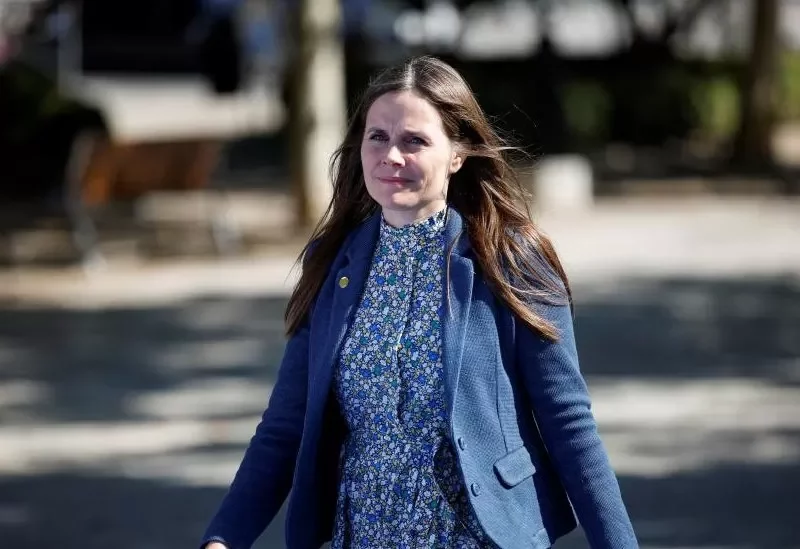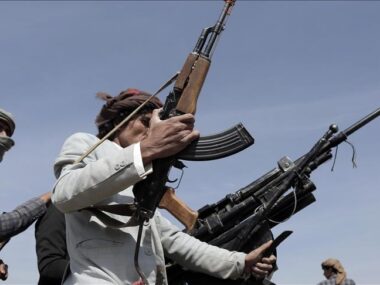On Tuesday, tens of thousands of women in Iceland, including Prime Minister Katrín Jakobsdóttir, are participating in a work stoppage or strike.
The “kvennafrí,” also known as the women’s day off, has been organized in protest against the gender pay gap and gender-based violence. This strike primarily impacts fields where women make up the majority of the workforce, such as healthcare and education. This planned work stoppage is the first full-day women’s strike in Iceland since 1975.
Women and non-binary individuals have been encouraged to refrain from both paid and unpaid work on this day, including household chores. Prime Minister Katrín Jakobsdóttir of Iceland expressed her support for the strike, stating that she will not work on that day, and she expects other women in her cabinet to do the same.
Ms. Jakobsdóttir’s government is also examining the valuation of female-dominated professions compared to traditionally male-dominated fields. For instance, women make up the majority of teachers at all levels of the educational system, including 94% of kindergarten teachers. Similarly, around 80% of the workers at the National University Hospital of Iceland, the country’s largest hospital, are women.
Iceland has consistently been ranked as the top country in the world for gender equality by the World Economic Forum (WEF) for 14 consecutive years. However, it’s important to note that even in Iceland, gender equality isn’t entirely achieved, as the WEF assigns it an overall score of 91.2%.
Despite its remarkable achievements in gender equality, Iceland ranks 14th in the world for economic participation, which places it below countries like Liberia, Jamaica, and Norway.
A pivotal moment in Iceland’s history was the women’s strike in 1975 when approximately 90% of the female workforce went on strike to emphasize the vital role of women in the economy. This strike led to the passage of an equal pay law by the Icelandic parliament the following year.
Vigdís Finnbogadóttir, the former Icelandic president, noted in a 2015 interview with the BBC that the 1975 strike marked the “first step for women’s emancipation in Iceland.” This historic event paved the way for her to become the world’s first democratically elected female head of state in 1980.











